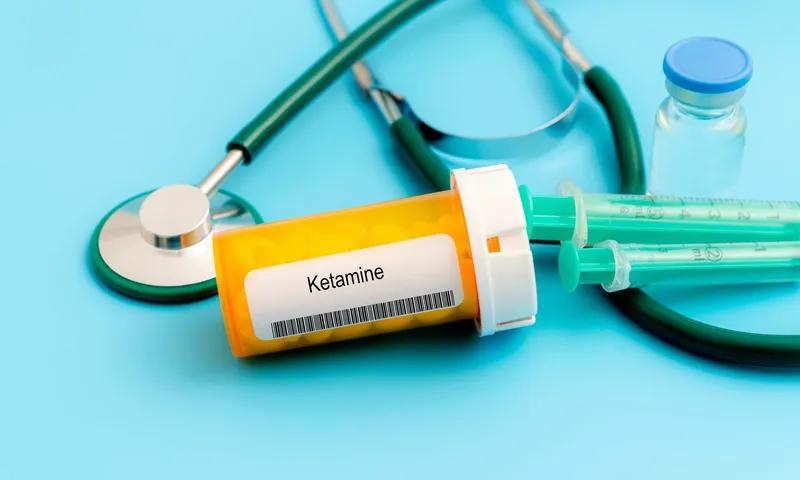Does Ketamine Help with ADHD

In recent years, Attention Deficit Hyperactivity Disorder (ADHD) has evolved from being seen as misbehaviour and a lack of discipline in children to its current recognition as a neurodevelopmental disorder. Factors including genetics, biology, and environment often influence ADHD. While it is most diagnosed among children and adolescents, with an estimated 8% worldwide, many carry attention, hyperactivity, and impulsivity-related challenges into adulthood. These issues can significantly impact an individual’s school performance, work productivity, relationships, and mental health, making awareness, education, and proper treatment invaluable.
Although a variety of medications are available, they aren’t appropriate or effective for everyone. This is why researchers continue working on finding new solutions, and some have started wondering: Does ketamine help with ADHD?
This article discusses this question, explains what exactly ketamine is, and outlines some of the most widely used ways of managing and treating ADHD.
What is Ketamine?
Ketamine has been around since the 1960s, and it’s mostly known as a surgical anesthetic. While it’s still widely used in operating rooms today, it has now also made a name for itself as a party drug, due to its hallucinogenic effects. This potential for misuse has led this drug to be strictly controlled today.
Additionally, researchers have found in recent years that ketamine has positive effects on specific mental health conditions like depression and PTSD, as well as chronic pain. Ketamine differentiates itself from most psychiatric medications since it’s generally much faster acting and can provide results in only hours instead of weeks. This can be particularly important in acute or severe cases. Unlike other mental health drugs, it acts on the brain’s glutamate system, which is closely connected to memory, learning, and attention, rather than focusing on dopamine and serotonin.
Does Ketamine Help with ADHD?
Due to the way ketamine may influence the way we memorize things, learn and pay attention to the world around us, researchers have recently started wondering whether ketamine can help ADHD. Although research on the effect of ketamine on ADHD is minimal, some researchers believe that ketamine might be able to lift mood, focus, and motivation in individuals with ADHD, similar to its effects on people with PTSD and depression. Some also believe that ketamine therapy may help improve executive function, and therefore regulate attention, behaviour, and emotions to manage everyday tasks.
However, despite these promising assumptions, ketamine isn’t an FDA-approved or established treatment for ADHD. Instead, it’s viewed as an experimental option that still requires more research to determine if it’s effective and safe enough to become a standard ADHD treatment.
How is ADHD Managed?
Currently, ADHD is addressed with several medications, behavioural strategies and lifestyle adjustments, which are often combined to achieve the best results. Probably the most well-known medications for treating ADHD are the stimulant drugs Adderall and Ritalin. Although they are widely used and often effective, they aren’t suitable for everyone. As an alternative, non-stimulants like atomoxetine and guanfacine are commonly prescribed as well.
In addition to medications, behavioural and cognitive behavioural therapy, as well as education, can be beneficial in assisting people living with ADHD. These tools can help individuals build skills in time management, organization, and emotional regulation, and enable them and their social circle to gain a deeper understanding of ADHD. It can also help improve their ability to deal with challenges and negative thought patterns. ADHD coaches, support groups, and lifestyle adjustments, including regular exercise, sleep, and structured routines, can also improve ADHD. Depending on the intensity of the disorder, accommodations at work or school may be beneficial to manage daily life with ADHD successfully, such as being allowed extra time for tasks or a flexible schedule.
IMPORTANT NOTE: The above information is intended to increase awareness of health information and does not suggest treatment or diagnosis. This information is not a substitute for individual medical attention and should not be construed to indicate that use of the drug is safe, appropriate, or effective for you. See your health care professional for medical advice and treatment.


